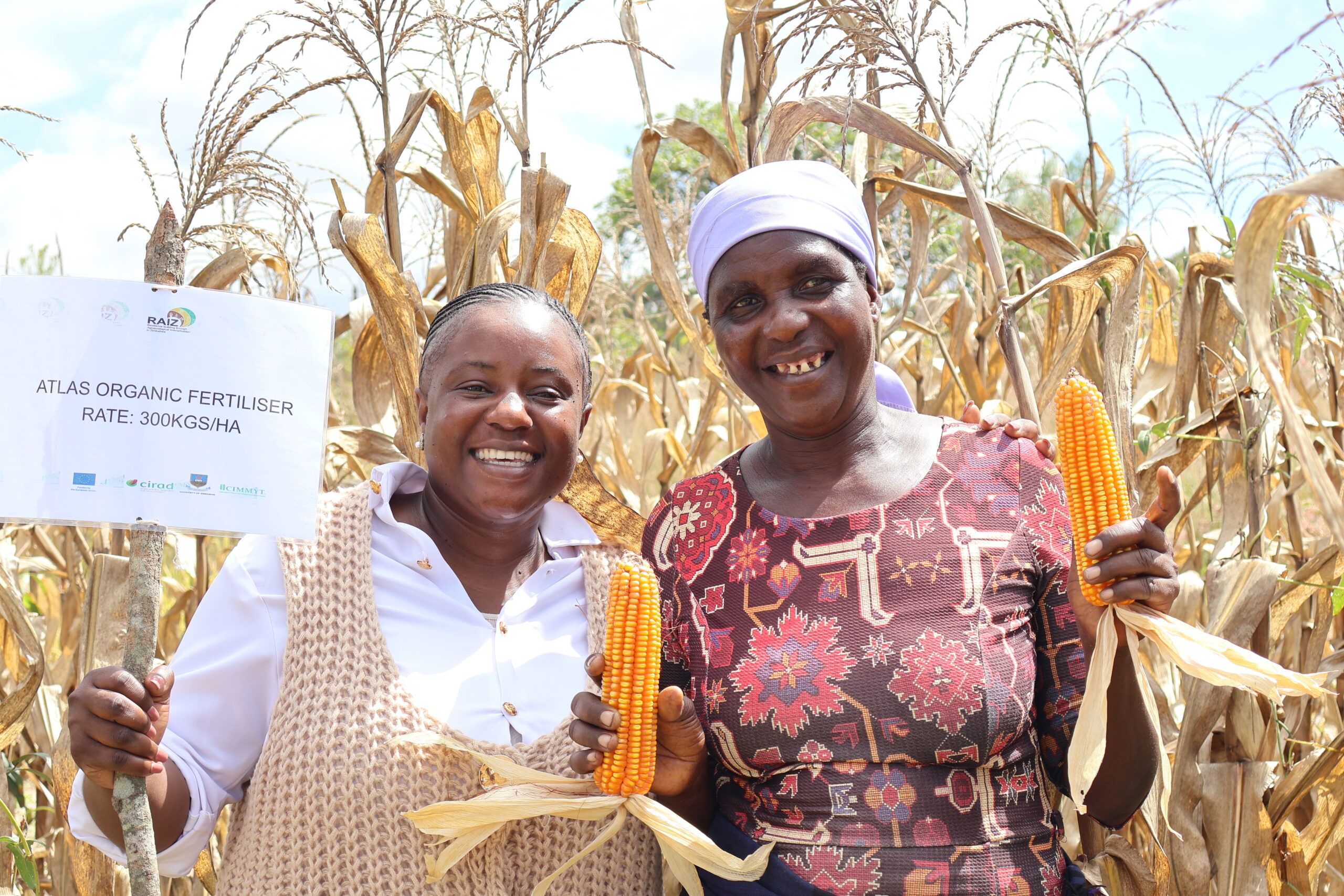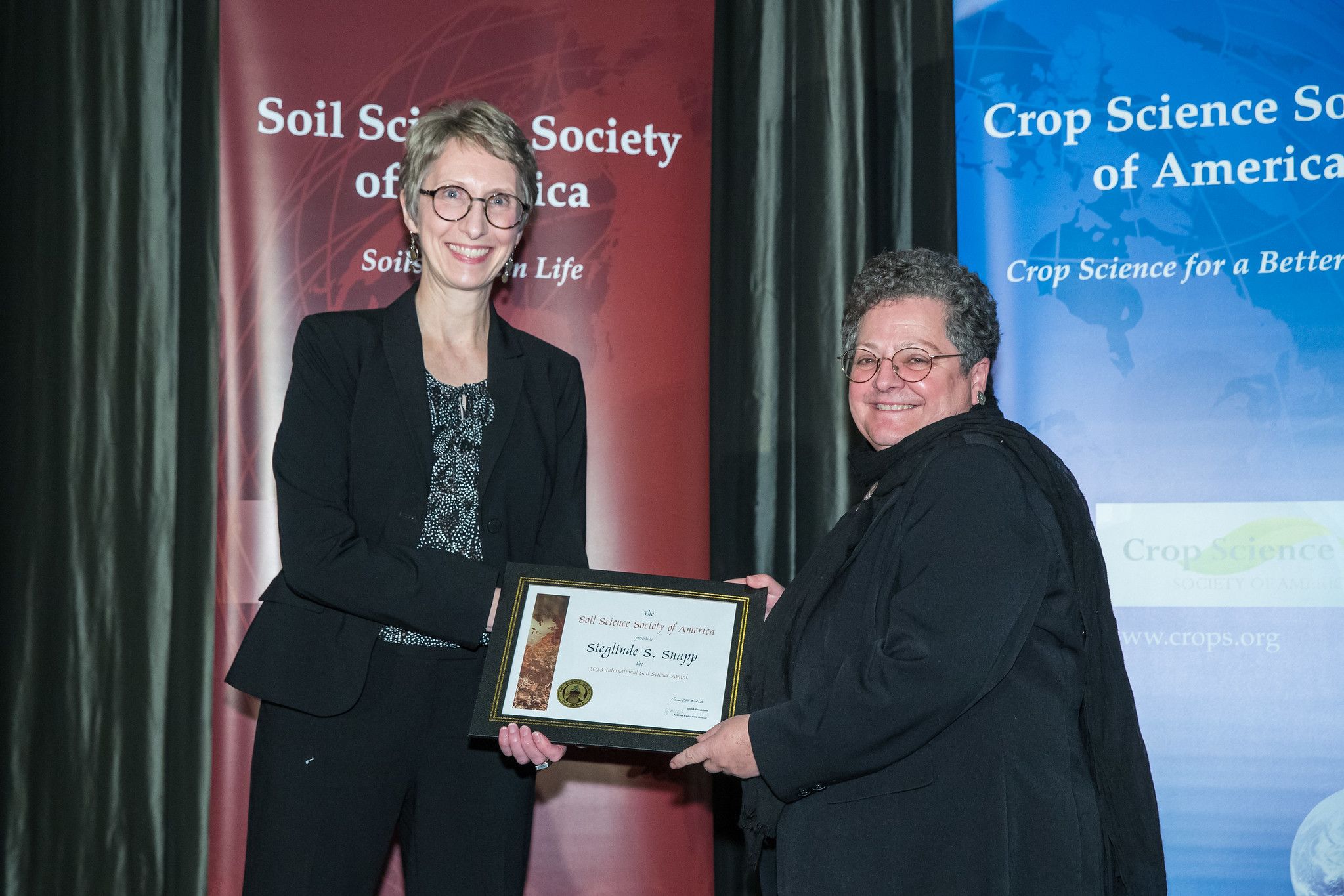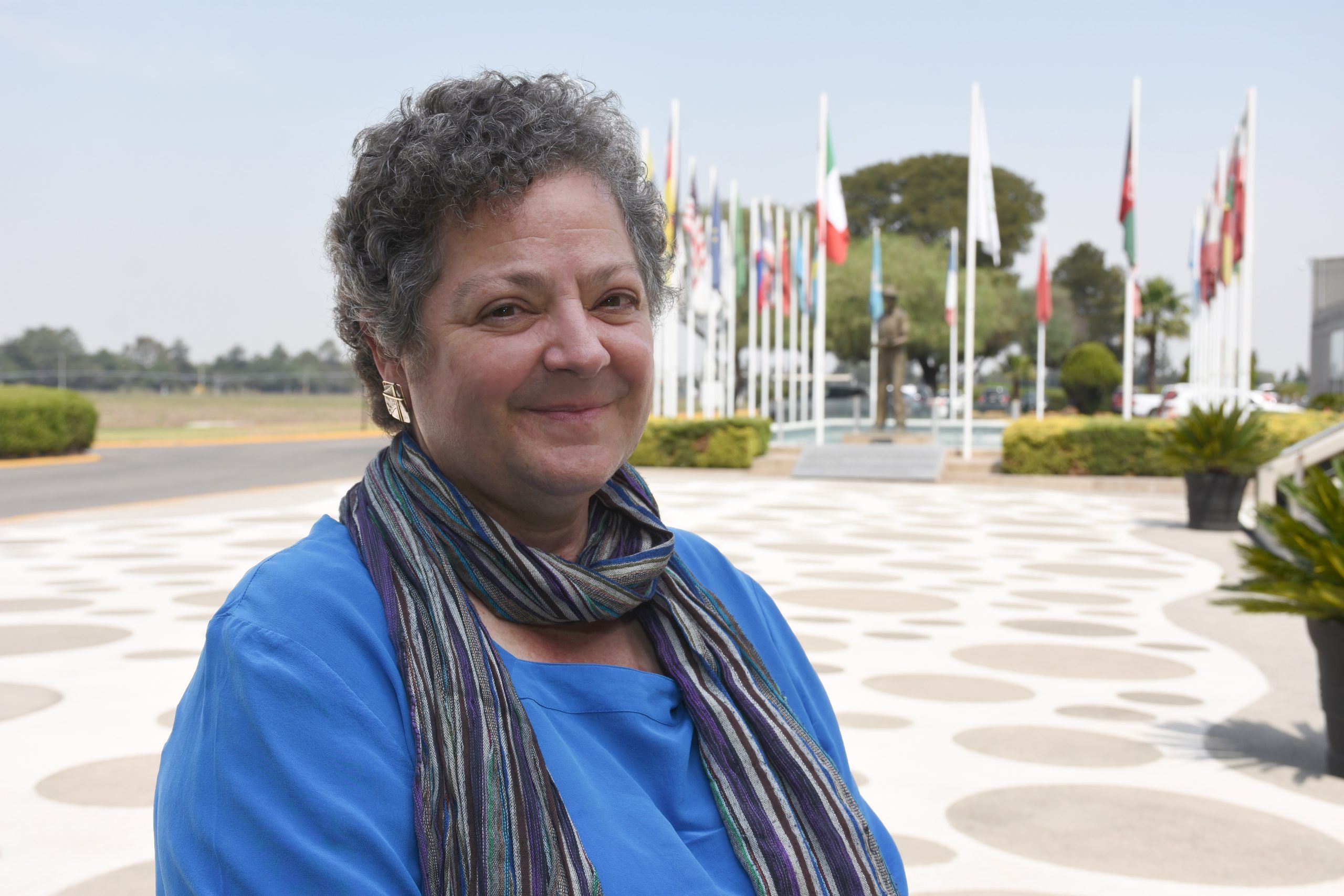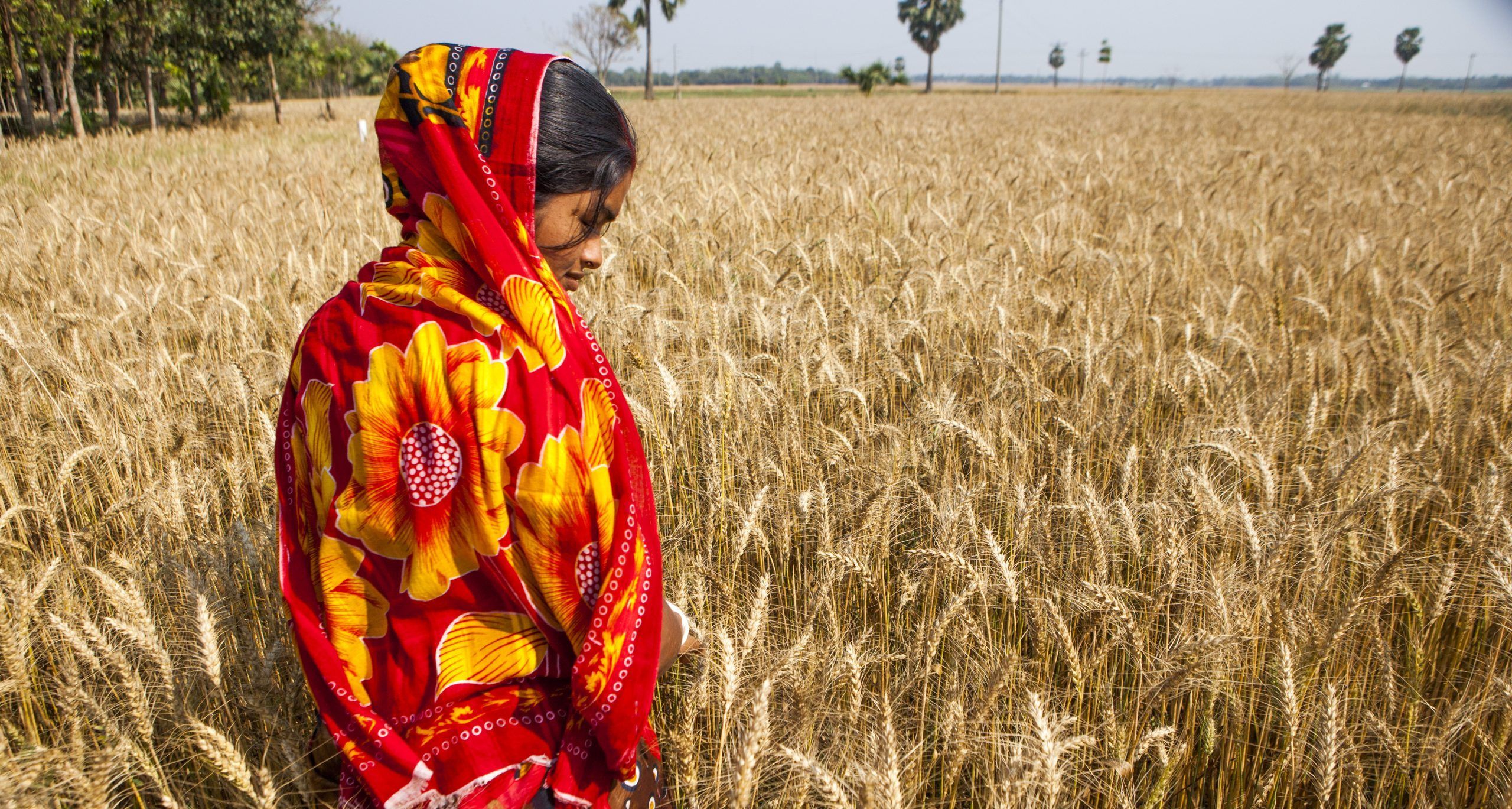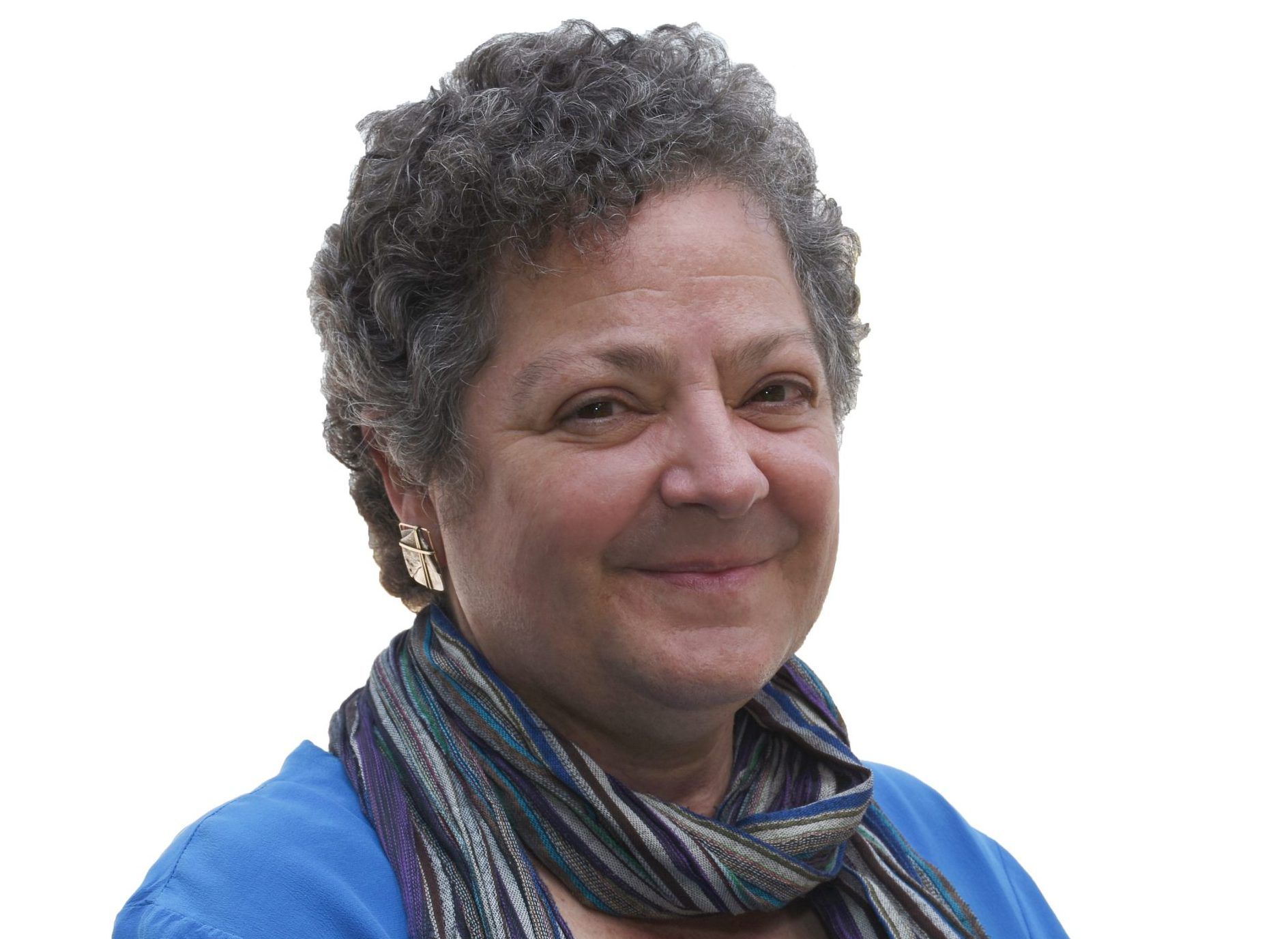Can organic fertilizers rebuild Zimbabwe’s fragile soils?
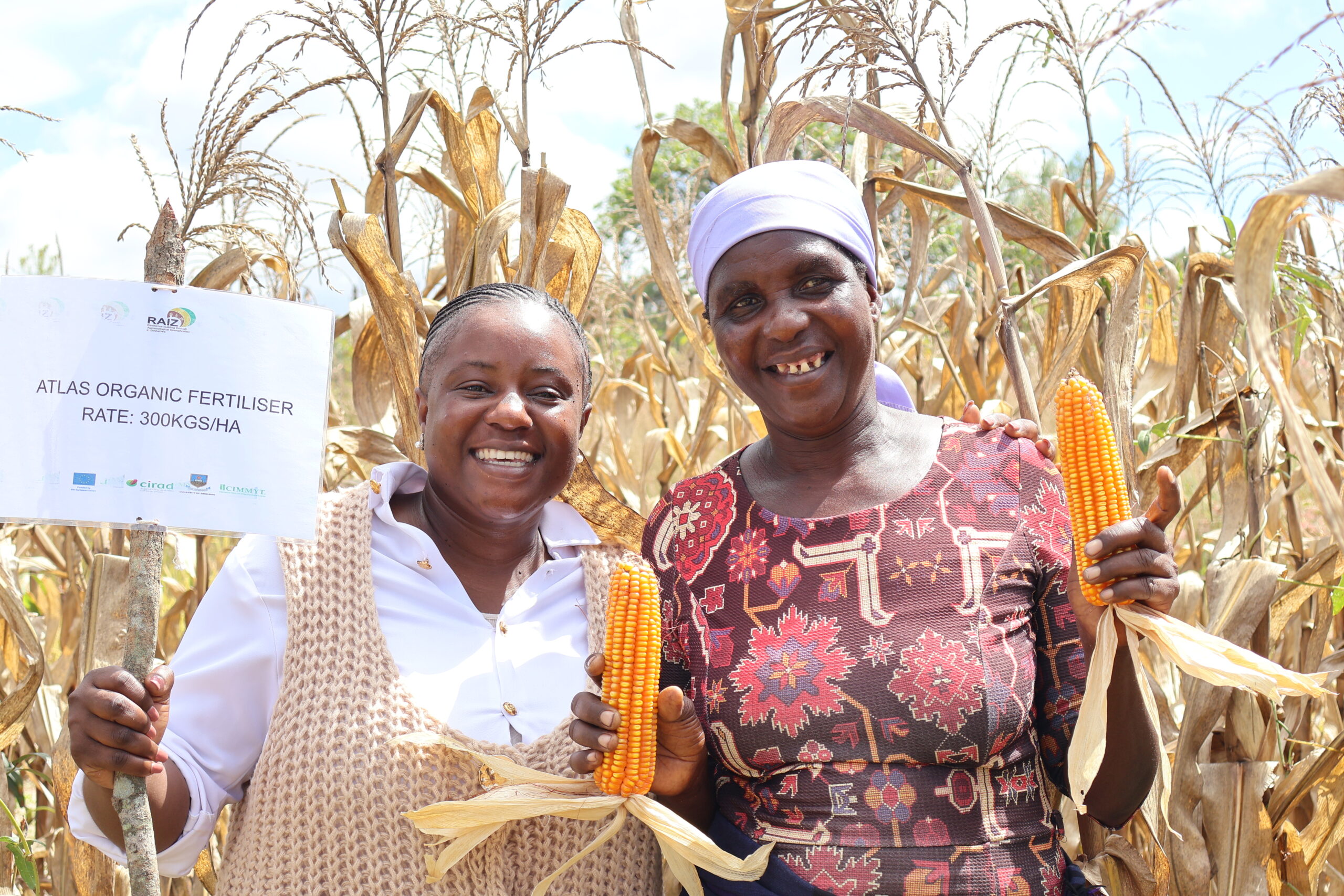
“Our soils are exhausted. Even the best hybrid seed won’t yield much without nutrients. Organic fertilizers give us hope, but are they affordable and available? We need to understand our soils and make informed choices. This is an agrarian district; water isn’t scarce, but good soil is,” lamented Mrs. Munyoro, a district local authority official in Murehwa.
These words reflect a difficult reality confronting many smallholder farmers in Zimbabwe’s dryland farming regions: the urgent need to restore soil health in an increasingly fragile climate. With nearly 70% of the soils in districts like Murehwa and Mutoko classified as sandy, low in organic carbon, and prone to nutrient leaching, the potential for long-term productivity is steadily declining. Compounding this challenge is a decline in livestock populations due to disease, which reduces access to cattle manure, once a dependable source of organic nutrients.
To respond to these issues, the Resilience Building through Agroecological Intensification in Zimbabwe (RAIZ) project, led by the research consortium CIMMYT, is conducting field trials targeting soil fertility enhancement strategies that align scientific rigor with local practicality. These trials explore how conservation agriculture (CA) techniques and various organic fertility inputs—ranging from traditional manure to market-supplied products like Bokashi, Atlas orgfert (organic D), Orgfert, and Vermicompost—can sustainably improve soil fertility, structure, microbial health, and ultimately yield outcomes.
But why do these trials matter? The market is increasingly saturated with organic fertilisers, which offer both opportunities and dilemmas for smallholder farmers. From ZimEarthworms’ vermicompost, Bokashi, Orgfert, and Atlas orgfert (organic D) gaining visibility, questions remain around their affordability, accessibility, and context-specific performance. Farmers continue to rely on cattle manure where available, but rising livestock mortality, including from theileriosis (commonly referred to as January disease), is limiting this resource.
The RAIZ trials go beyond measuring yield data—they also evaluate farmer appreciation, labor requirements, and cost-effectiveness. Moreover, local authorities emphasize the importance of understanding how different organic inputs influence nutrient cycling, soil microbial activity, and overall soil fertility dynamics over time.
With several companies producing organic inputs, and cattle manure being a traditional staple, the big questions remain: What works best? What can farmers afford? And how can the findings shape broader adoption? This integrated approach is critical for guiding broader adoption of sustainable practices in Zimbabwe’s farming systems, where poor granite-derived sandy soils of low organic matter and low pH constitute up to 60% of the country’s arable land.
Insights from the Field
The farmer-led trial by Tracy Chokurongerwa in Murehwa offered compelling insights into the comparative value of organic inputs under both conventional and CA management, including intercropping setups such as maize–cowpea combinations. Treatments across plots were standardized to include five organic amendments: Vermicompost, Orgfert, Atlas orgfert (organic D), Bokashi, and cattle manure.
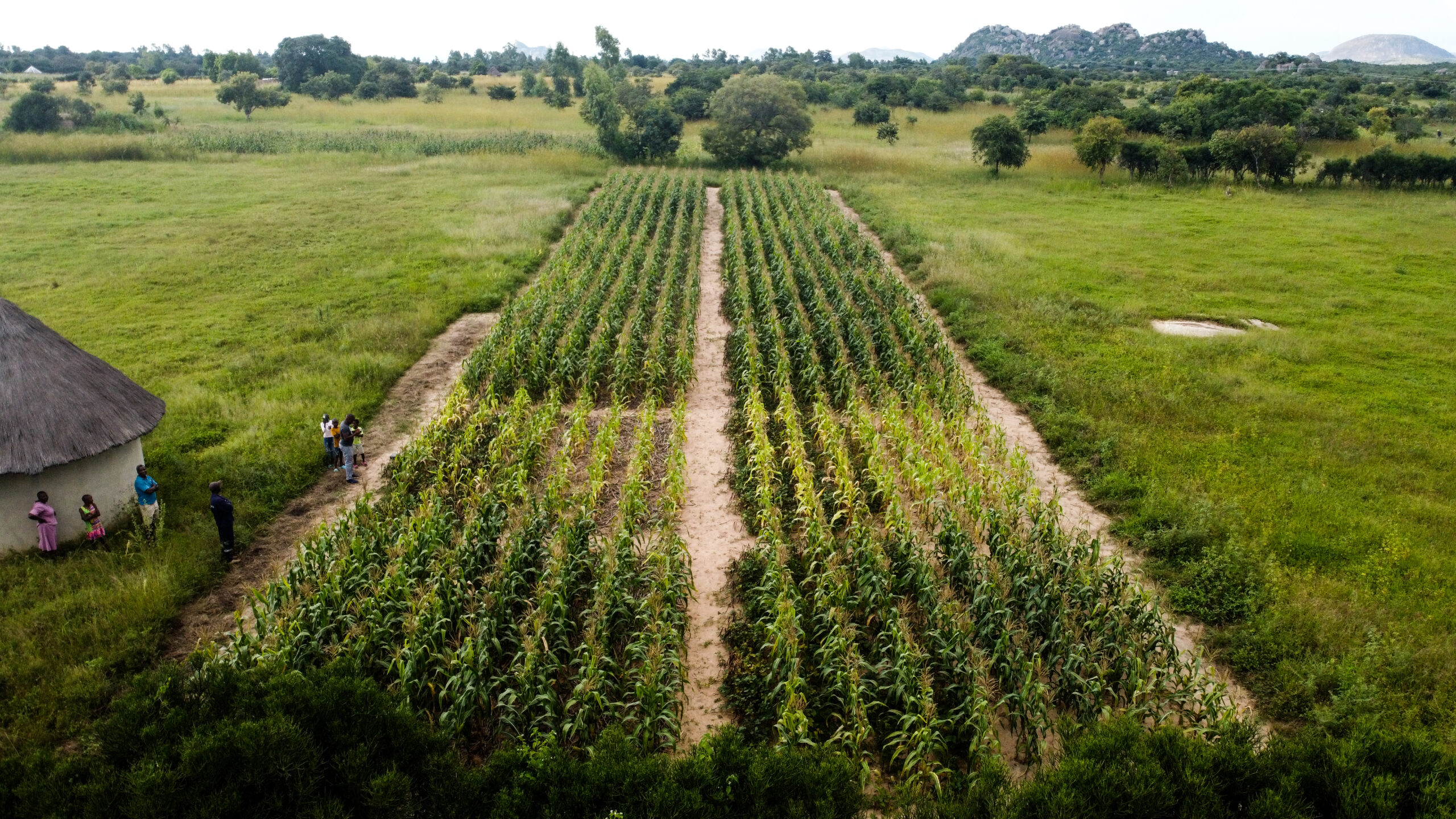
Bokashi showed notable improved performance compared to the previous season, while Atlas orgfert (organic D) emerged as the preferred input by farmers based on visual crop vigor and yield observations. ZimEarthworms’ vermicompost performed particularly well when combined with Compound D fertilizer, suggesting synergistic effects between organic and synthetic inputs. However, challenges with land topography and water retention reinforced the need for supporting practices such as contour ridges, stormwater diversion channels, and timely land preparation.
In another trial, one farmer tested intercropping with pigeon pea and echoed the preference for Atlas orgfert (organic D). A separate rate trial examined the impact of increasing organic input volumes, revealing a positive yield response under CA systems, although erosion risks on sloped terrain were a concern—emphasizing once again the importance of land and water management.
In Mutoko, trials faced additional variables. Termite infestation was notable in one plot, aggravated by water runoff and poor mulch management. However, plots that utilized decomposed leaf litter mulch showed better moisture retention and stronger crop establishment under conservation agriculture practices. At some sites, the differences between CA and conventional till plots were striking to all visitors, clearly demonstrating the regenerative capacity of CA-based systems.
These examples illustrate how site-specific conditions—such as slope, soil type, and mulch availability—heavily influence the outcomes of soil fertility interventions. Importantly, researchers noted that marginal land allocation for trials (often the only land farmers can offer) can limit replicability and yield potential, highlighting the tension between field research conditions and real-world farming constraints.
Highlights of the 2023/24 Season
The 2023/24 season was a year of experimentation and learning for the RAIZ project, as farmers diligently undertook the targeted trials with recommended organic fertilizer rates and conservation agriculture (CA) methods. A total of 51 farmers participated in farmer-led experiments, with 30 testing standard or recommended rates of organic amendments under CA techniques, and 21 evaluating different organic fertilizer rates. Six decentralized learning centers hosted demonstrations on maize variety performance, CA principles, sorghum, and manure use, providing a platform for peer learning and knowledge exchange.
Despite erratic rainfall ranging from 250 to 500 mm, the trials delivered critical insights into what works and where. Results showed limited maize harvests, while the trials emphasized understanding which soil amendments are most effective across different areas. This approach helps farmers avoid costly fertilizer investments by identifying locally affordable and sustainable soil enhancement options. The need for early land preparation and strategic planning at the start of the season was a key takeaway, particularly in the face of climate unpredictability and ongoing soil degradation.
Reflections from the Ground
One of the strongest messages from both farmers and stakeholders was a call for continuity. Participants appreciated the way research was embedded within farmer realities and stressed the importance of scaling the initiative. Farmer engagement from the outset, coupled with co-implementation of trials, has fostered a sense of ownership and trust.
A particularly telling observation was the presence of witchweed in conventional maize plots, reinforcing the importance of integrated soil fertility management and diversified cropping systems. Such findings not only validate CA and organic input combinations but also contribute to a growing body of evidence on how to manage parasitic weeds through ecological approaches.
With community trust, scientific insight, and early success stories in hand, the pathway to broader adoption of organic-based soil restoration strategies is becoming clearer. However, sustained support, adaptive extension services, and inclusive learning platforms will be critical to maintain momentum. For districts like Murehwa and Mutoko, soil health is the limiting factor—but with the right inputs, the right knowledge, and continued collaboration, smallholder farmers can rebuild the fertility foundation of their lands, and with it, secure the future of rural livelihoods.
